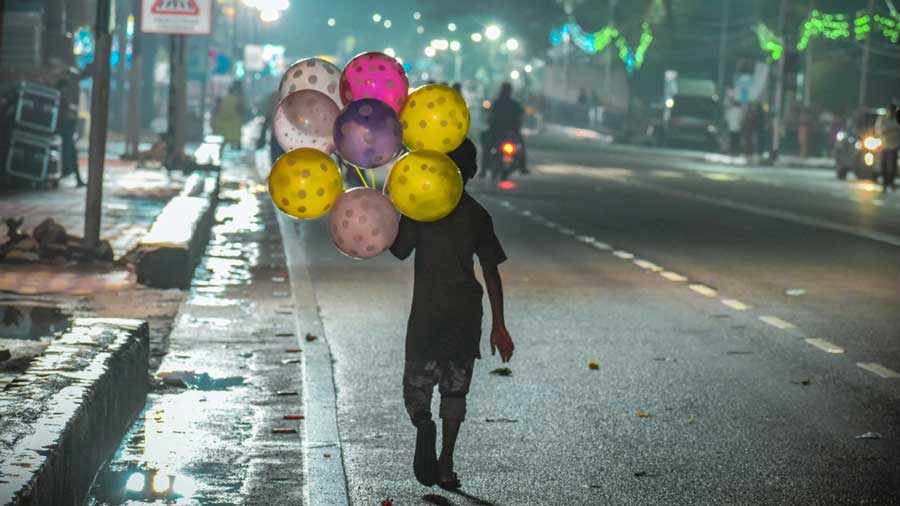
All work Poverty, inequality, social discrimination and the lack of access to schooling
Don't Miss
Poverty, inequality, social discrimination and the lack of access to schooling have always been driving forces in the perpetuation of child labour
 |
| Representational image.:Shutterstock |
Poverty, inequality, social discrimination and the lack of access to schooling have always been driving forces in the perpetuation of child labour and allied evils such as child marriage and trafficking. In 2017, the Centre had released data regarding such challenges plaguing children in 409 districts in India and had laid out guidelines for action under headers such as ‘survival’, ‘education and development’, and ‘protection and participation’. However, plans for giving children healthy lives and universal education are being consistently derailed by large-scale institutional failures. The resultant irony is stark: India has the highest number of laws against child labour in the world while also having the highest number of minor labourers. There are chinks in the law too. For instance, while the Child Labour (Prohibition and Regulation) Amendment Act prohibits children under 18 from being employed in hazardous occupations, they are allowed to work in ‘family enterprises’. Such loopholes allow for children — especially those from poor families trapped in intergenerational debt bondage — to slip through the cracks. The pandemic has exacerbated these problems. The closure of schools and the advent of online classes have put education beyond the reach of children with little or no access to the internet or digital gadgets. They, along with those who lost one or both parents to Covid-19, have been at increased risk of being pushed into work deemed illegal. The problem is layered and needs interventions at multiple levels. Campaigns against child labour and early marriage must be accompanied by the realization of universal education as well as economic security for the underprivileged.


0 Response to "All work Poverty, inequality, social discrimination and the lack of access to schooling"
Post a Comment
Disclaimer Note:
The views expressed in the articles published here are solely those of the author and do not necessarily reflect the official policy, position, or perspective of Kalimpong News or KalimNews. Kalimpong News and KalimNews disclaim all liability for the published or posted articles, news, and information and assume no responsibility for the accuracy or validity of the content.
Kalimpong News is a non-profit online news platform managed by KalimNews and operated under the Kalimpong Press Club.
Comment Policy:
We encourage respectful and constructive discussions. Please ensure decency while commenting and register with your email ID to participate.
Note: only a member of this blog may post a comment.